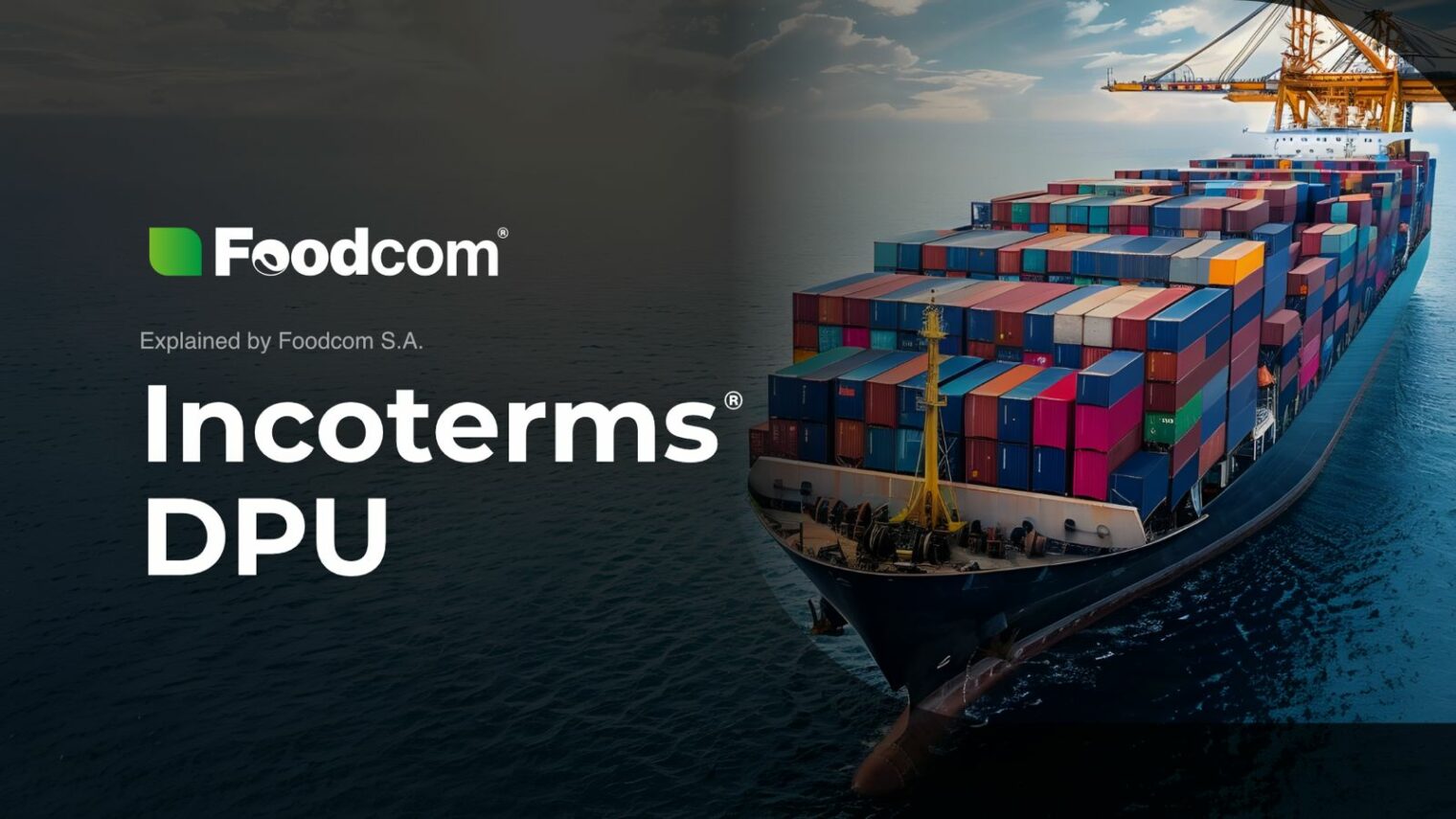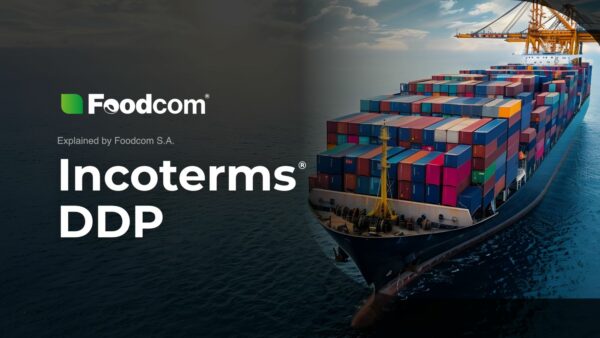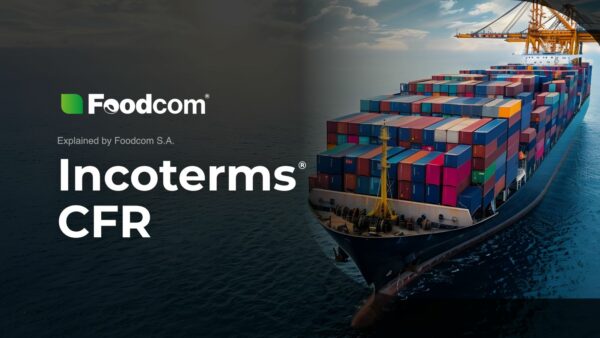- DPU (Delivered at Place Unloaded) is an Incoterms® rule that replaces DAT.
- Under DPU, the obligation to deliver and unload the goods rests with the seller.
- The risk is transferred to the buyer after unloading at the destination.
- The DPU rule can be applied to different types of transportation.
The Incoterms® DPU is one of the rules you should know when entering into commercial contracts. In this article you will learn the main principles, cost allocation and responsibilities. Read on to find out the details!
What are the Incoterms® rules?
The Incoterms® rules are international standards for commercial contracts for the delivery of goods. They help to clearly define the rights and obligations of buyers and sellers in international trade.
DPU Incoterms®: what does that mean?
DPU, or Delivered at Place Unloaded, is a new Incoterms® rule that replaced DAT (Delivered At Terminal) in 2020. It belongs to category D, which means that the seller is obliged to deliver the goods to the named place or port of destination.
DPU rule: delivery terms
Under the DPU rule, the seller is responsible for delivering and unloading the goods at the specified location.
Sharing of costs
The seller shall bear the costs:
- in connection with the shipment and transport of the goods to the place of unloading,
- control activities such as quality control or weighing of the goods,
- in connection with export and transit, such as duties and taxes
- required for obtaining export and transit documents,
- in connection with the conclusion of the contract of carriage.
The buyer, in turn, must bear the costs:
- in connection with the goods from the moment of delivery,
- in connection with import, such as customs duties, taxes and the costs of obtaining all permits,
- required for obtaining import documents,
- of any failure to fulfill the terms of the contract.
Division of responsibilities
The seller’s responsibilities include: delivering the goods in accordance with the contract, unloading the goods, providing the necessary documents such as the contract of carriage and all documents required by the buyer to receive the goods, assisting the buyer in obtaining import documents, packing and labeling the goods, and informing the buyer of matters related to the receipt.
The Buyer’s obligations are: to arrange transportation from the time of unloading to the place of delivery, to assist the Seller (at the Seller’s request) in obtaining the documents required for export and transit of the goods, to be responsible for import formalities, and to inform the Buyer in a timely manner of transportation security requirements.
Time of transfer of risk
Under the DPU, the risk of the Goods shall pass from Seller to Buyer when the goods are delivered and unloaded at the destination.
Forms of transportation
The DPU rule is flexible and can be applied to different forms of transportation such as road, sea, air and rail.
What should be considered when choosing Incoterms® DPU?
The seller should note that this is the only Incoterms rule that requires the seller to unload the goods at the destination. Accordingly, the seller should make sure that he has the possibility to organize the unloading. It should also be noted that the DPU rule does not oblige either party to conclude an insurance contract.
DPU vs. other rules
In cases where the seller is unable to arrange unloading at a specific location, it is recommended to bypass the DPU rule and use DAP (Delivered at Place) instead. Unloading will then take place on the buyer’s side.
Trade with Foodcom S.A.
Traders of Foodcom S.A. choose the best method of transportation by consulting with the experienced specialists of our Logistics Department. Cooperation with our Sales Support Team guarantees that the transaction will take place in optimal conditions and that the expectations of the Business Partners will be met. At Foodcom S.A. we are able to comprehensively handle even the most demanding transactions, and the entire process runs smoothly and according to plan.









